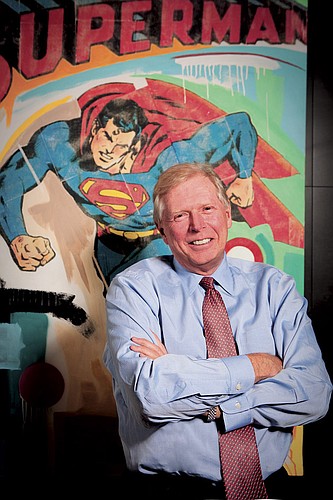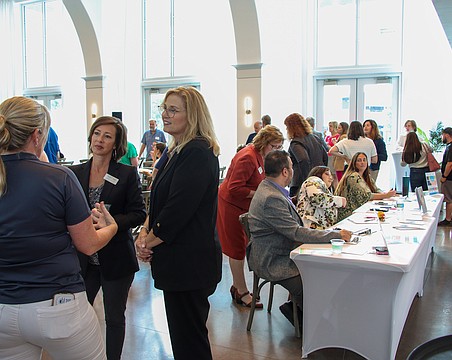Florida lets its state-owned property insurer raise rates to become more fiscally sound, but it won't allow private companies to do the same. That's not the way to fix the state's property insurance problems, says Citizens' chairman.
James Malone is a bit exasperated about the insurance risks that Florida's state government has piled onto its property owners.
After a conversation on the subject, he wonders aloud: “Does anybody care?”
Malone, who is about halfway into his three-year term as chairman of Citizens Property Insurance Corp., sounds like the longtime critics of Fannie Mae and Freddie Mac, the government-chartered mortgage buyers. Even though most people knew better, few listened until disaster struck and it was too late.
Fortunately, hurricanes have avoided Florida so far this year. But if they should strike, Citizens, the state-owned insurance company that is the largest property insurer in Florida, faces $388 billion in exposure.
But Malone isn't just worried about Citizens. “I do worry about the rest of the industry,” he says.
Roughly half of the 210 companies that operate in the state reported underwriting losses in the second quarter, according to the Florida Office of Insurance Regulation. “How could that happen with no major storms?” Malone says.
Malone is concerned that many insurance companies won't be able to pay claims in case a bad storm hits the state because they're poorly capitalized. “Insurance isn't much good if the company is not able to pay,” he says.
Malone points out that the state shouldn't be unloading property insurance policies on poorly performing companies and hailing it as a market success. “It's a huge strategic mistake, a huge financial mistake,” he says.
Meanwhile, Malone also says the state ought to let well-capitalized insurance companies charge what they must in order to keep them in Florida. Then, consumers can choose to pay more to be insured by a financially strong company.
“There may be some political advantage to be seen as tough with insurance companies, but people can make good decisions and be given that choice,” he says.
Malone says he welcomed the recent efforts by state legislators to let Citizens increase premiums by as much as 10% annually, but he says it will take more rate increases to shift policies to private companies, the ultimate aim.
“It's beyond absurd to think that we can shrink Citizens as long as Citizens is forced to have the lowest rates,” says Malone.
Malone is reluctant to be drawn into the battle between State Farm Florida Insurance Co. and Gov. Charlie Crist. State Farm, the state's second-largest property insurer behind the state-run Citizens has said it plans to exit Florida's property insurance market and in a public spat Crist has practically encouraged it.
“I have tried to stay independent of what others want to do,” says Malone, who has no ties to the insurance industry, no political aspirations and is otherwise busy running a successful corporate consulting firm in Naples called Qorval. “That gives me a level of credibility with everybody.”
While Malone sees a role for the state as insurer of last resort, it must be for those who really can't get insurance any other way and it can't be less expensive than private alternatives. “To me, a public entity competing with the private world is a foreign notion,” he says.
Still, Malone is realistic about the political will necessary to transform Citizens into the small player it ought to be. “Is that going to happen in my term? Realistically, I don't think so,” he says.
So gradually raising rates and managing reserves in conservative investments are accomplishments. And if Citizens is going to be in the business of insuring more Floridians than any other company, Malone says it's going to be the best. “I would put our performance and response time up against anybody,” he says.
In the end, Malone says it comes down to letting people choose. “We can't do that do that if we keep running private alternatives out of the system,” he says.






